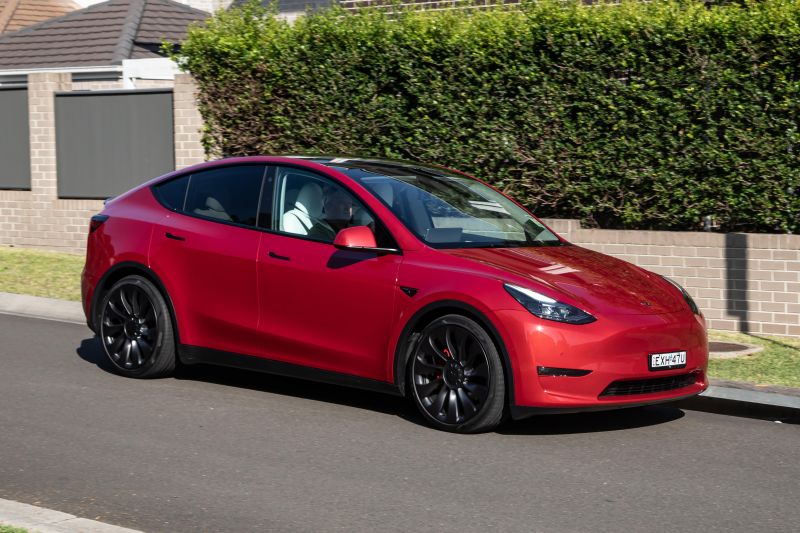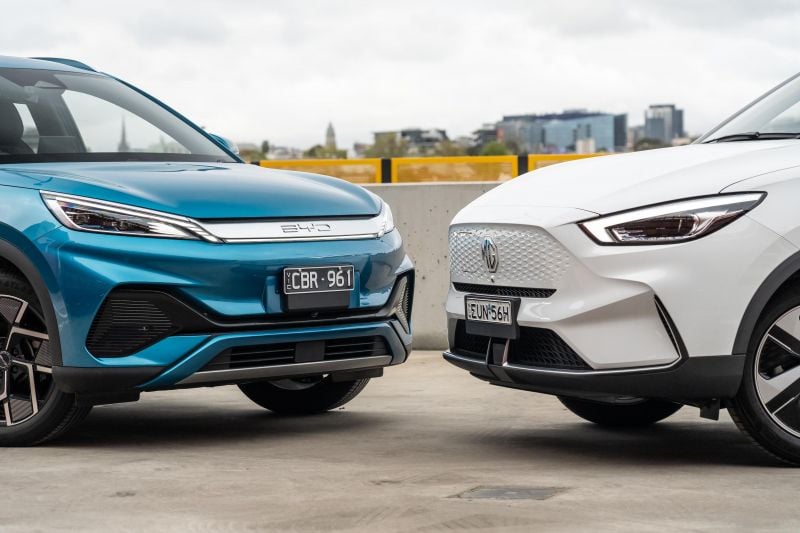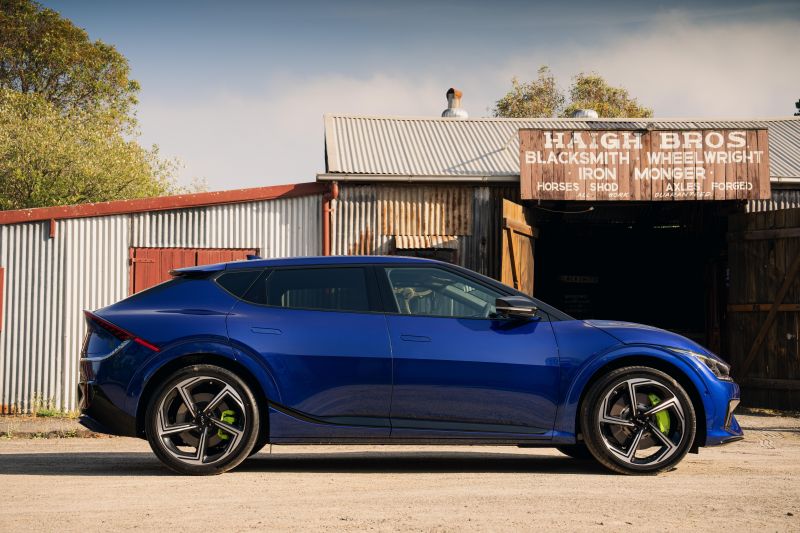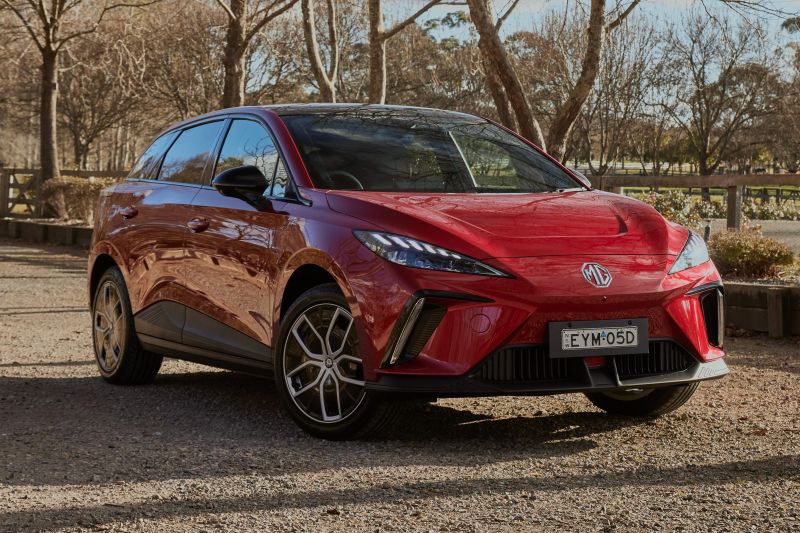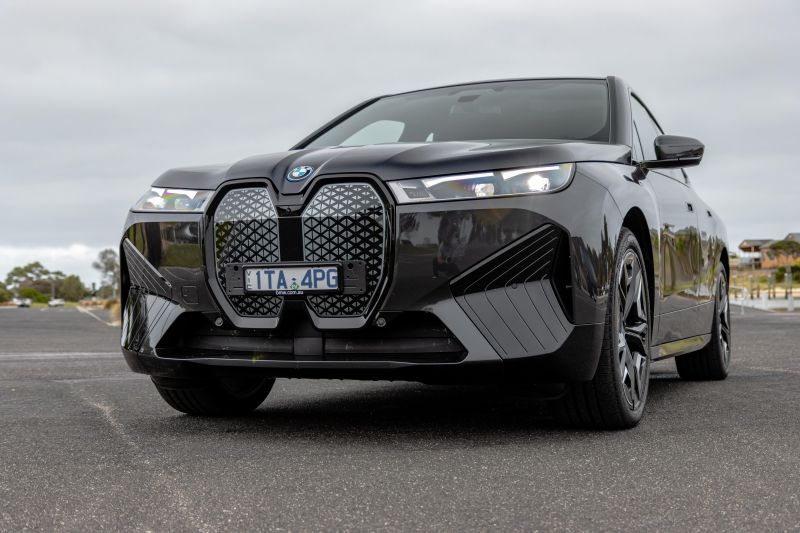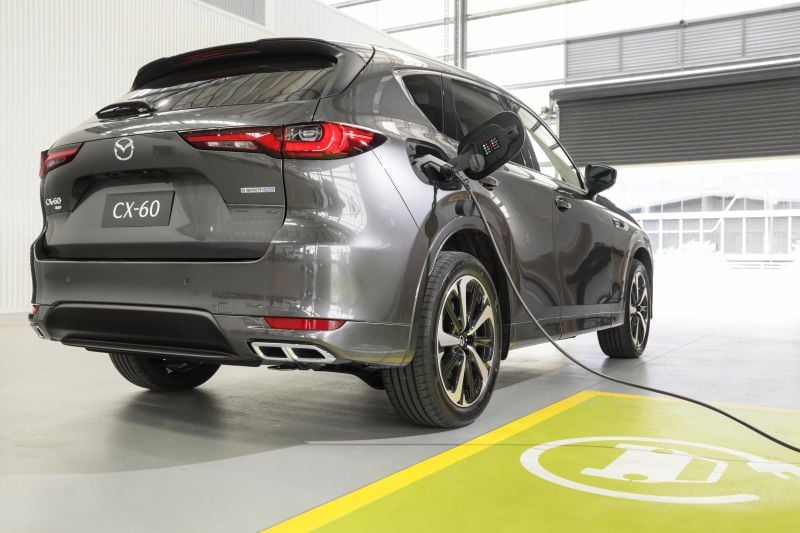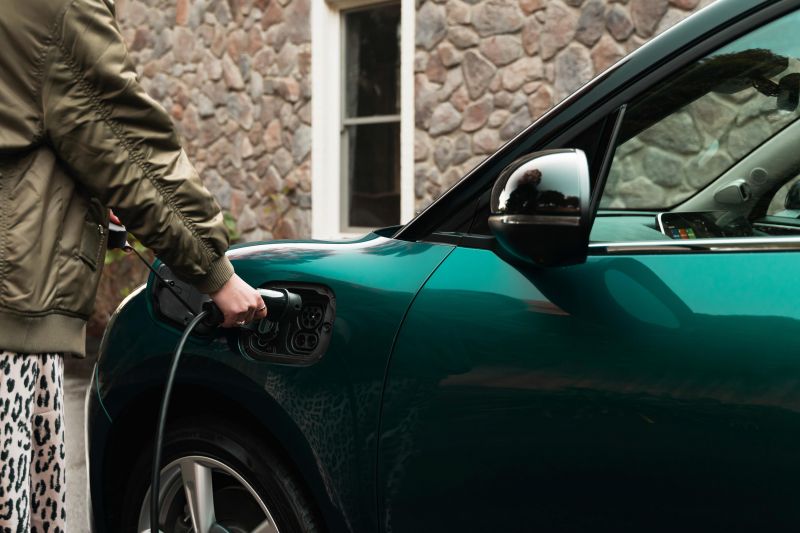Victoria weighs next steps after High Court strikes down road-user charge

[ad_1]
Yesterday’s High Court of Australia verdict in Vanderstock & Anor v State of Victoria saw Victoria’s road-user charge struck down, and the state is now weighing its next steps – including issuing refunds.
“We are still working it out … I don’t think the government is particularly phased with the fact that we might have to return a small amount of money,” said Victorian Treasurer Tim Pallas in remarks reported by The Guardian.
“It’s about how we might be able to identify the class of people who are affected as a consequence, and might I say whether or not it’s proper in the circumstances to do it.”
When asked whether charges could be added to vehicles’ registration fees as a replacement for the struck-down charge, Mr Pallas said, “Yes, it could be.”
“Although, we’ve got to now start to think about what this decision actually means to the broader interpretation that the majority of the High Court have taken,” he continued.
“It could well mean that we’ll have to totally recast the way that we raise revenue in this state, if the Commonwealth are heading down this path, but at the moment let’s not get too far ahead of ourselves.”
Victoria collected $3.9 million in road-user charges during the 2022/23 financial year, and overall has collected just under $10 million since enacting it in 2021.
Yesterday’s wide-reaching ruling has also caused concern it could also lead to constitutional challenges to other taxes levied by states, such as car registration, with Mr Pallas calling it a “nervous time for the federation”.
“It’s a matter of genuine concern. The High Court has reimagined the constitution, but they upturned 50 years of interpretation of what constitutes an excise,” said Mr Pallas.
“We’re obviously going to have to look at this, we’re going to have to look at which taxes may be impacted, and we’re going to have to think about whether or not there is legislative responses to secure the state’s revenue base or indeed whether there is an order for the Commonwealth to play in order to do that.”
“We’ve had 24 hours to absorb a 400-page judgment. And whilst I’m gratified that three of the seven judges sided with the state on this, the numbers make it pretty clear that we lost on majority.
“We can’t complain about the umpire, we just have to try and work within the new set of rules that they’re creating for us.”
The High Court deemed Victoria’s road user charge an excise and therefore invalid under the Constitution.
In a 4-3 ruling in Vanderstock & Anor v State of Victoria, the High Court found the Zero and Low Emission Vehicle Distance-based Charge Act 2021 (Vic) is invalid under Section 90 of the Constitution as it imposes a duty of excise.
Section 90 says only the Commonwealth Parliament, not the states and territories, can “impose duties of customs and excise”.
The Court overruled a 1974 decision (Dickenson’s Arcade Pty Ltd v Tasmania) on the nature of an excise, arguing the ZLEV charge is “a tax on goods because there is a close relation between the tax and the use of ZLEVs, and the tax affects ZLEVs as articles of commerce, including because of its tendency to affect demand for ZLEVs”.
Section 7 (1) of the ZLEV Charge Act required owners of electric, plug-in hybrid and hydrogen fuel-cell vehicles registered in Victoria to pay a charge for the use of their vehicle on “specified roads”, which covers all public roads in Australia.
The Court ruled Victoria must pay the costs of the proceeding.
“Any tax on ZLEVs or any other goods – whether imposed at the stage of their importation into Australia or production or manufacture in Australia or at any subsequent stage in their distribution, sale, ownership, control, use, resale, reuse or destruction in Australia or export from Australia – can be imposed only by uniform national legislation,” reads the High Court judgment.
“The exclusivity of the power of the Commonwealth Parliament to impose duties of excise ensures that such uniform laws of trade or commerce or taxation as the Commonwealth Parliament has chosen to enact (in the form of the exemption from fringe benefits tax and the removal of customs duty) or might afterwards choose to enact for the purpose of stimulating the demand for ZLEVs… cannot be distorted or impeded by State or Territory taxes on ZLEVs or on other goods.
“And if the projected diminution in revenue from the existing fuel excise attributable to the increasing take-up of ZLEVs is to be offset through the introduction of some other tax on ZLEVs or on other goods, that new tax on goods can only be imposed by the Commonwealth Parliament,” the Justices concluded.
The Commonwealth Attorney-General and the Australian Trucking Association intervened in support of the plaintiffs, Christopher Vanderstock and Kathleen Davies, who both own ZLEVs.
Intervening in support of Victoria were the Attorneys-General of every other Australian state, as well as those of the Australian Capital Territory and the Northern Territory.
Victoria introduced its road-user charge on July 1, 2021, and until yesterday it sat at 2.8c/km for electric vehicles (EVs) and 2.3c/km for plug-in hybrids (PHEVs).
Drivers had to provide photographic evidence of their odometer within 14 days of being contacted by VicRoads, to determine the kilometres travelled at the start and end of each registration period – including travel undertaken outside of Victoria.
“There is nothing inherently wrong with road user charges, but they should never be calibrated to discourage the take up of electric vehicles,” said Behyad Jafari, CEO of the Electric Vehicle Council which lobbies for EVs in Australia.
“The electric vehicle industry warned the Victorian Government this policy was muddleheaded years ago, and the offer has always been on the table to work with the state on a more sensible approach.
“Any road user charge scheme should be national and we now look forward to working with the federal government on sensible road funding reform, without singling out drivers who are trying to do the right thing.
“Allowing states to simply shake down EV owners for a bit of extra tax is a retrograde approach, and I’m very glad to see the High Court slamming the brakes on that today.”
Victoria isn’t the only state to have proposed a road-user charge. The New South Wales and Western Australian governments had previously pledged to roll out similar taxes around 2027, while South Australia pledged to do the same but reversed course following a change in government.
The ruling will stop similar NSW and WA charges from coming into effect, and those states will need to devise new ways of collecting revenue.
The Victorian had been criticised not only by ZLEV owners like the plaintiffs in Vanderstock, however, but also car manufacturers, industry groups and, most recently, the Victorian Ombudsman, Deborah Glass.
The Ombudsman’s criticisms were levelled not at the constitutionality of the charge, which she said was best left to the High Court to weigh, but at its implementation.
“We found an unreasonable lack of policy guidance to those administering the legislation, inflexible handling of complaints, and an unwillingness to exercise discretion,” said the Ombudsman in her report.
“It is also wrong to charge penalties not provided for in legislation, and the money collected under this ‘penalty’ should be repaid.”
Ms Glass has tabled her investigation into the Department of Transport and Planning’s implementation of the charge. At the time of the investigation, the Department had received more than 180 complaints.
You can view the Ombudsman’s full report here.
The report also calls out the ZLEV Act’s treatment of PHEV owners, observing some PHEV owners may travel thousands of kilometres on fuel in their vehicles in remote parts of Australia with no charging stations and be stung with a road-user charge even though they’ve already paid the Commonwealth fuel excise for that mileage.
While Victoria did employ $3000 subsidies to help spur EV uptake, it scrapped this program earlier this year.
[ad_2]
